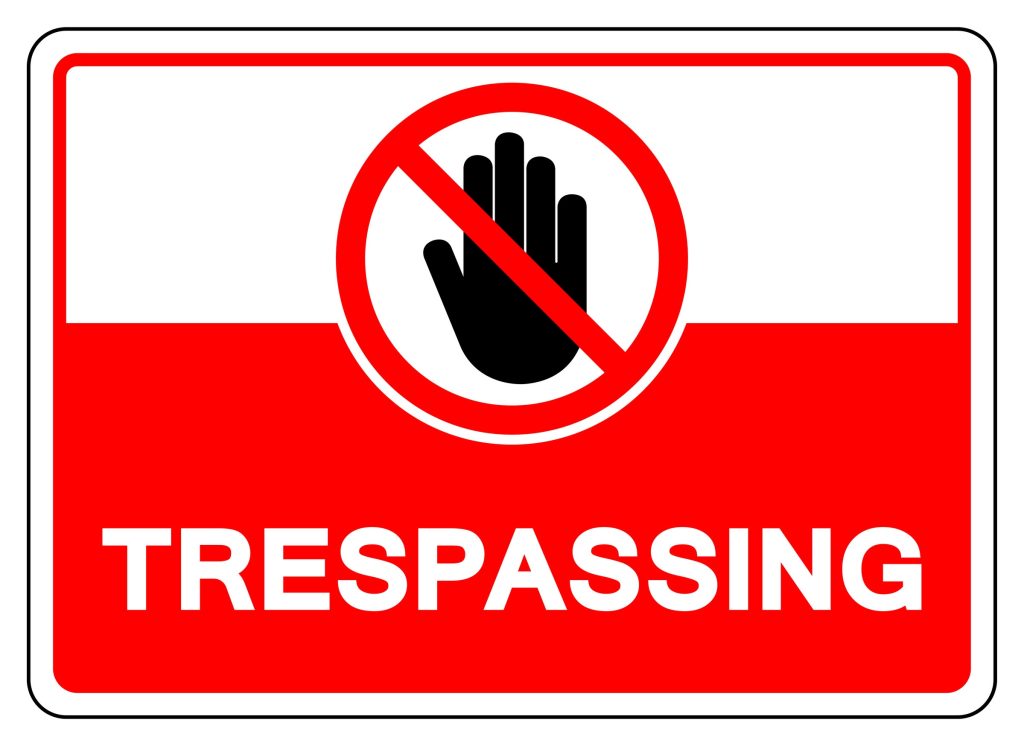
While it may not happen often in Metro DC, real estate investors are not immune to having issues with squatters living in their vacant properties. Squatters are people who occupy a property without the owner’s permission and without legal ownership. They might “squat” for a few weeks or years at a time, typically in abandoned, vacant, or neglected buildings.
Since the properties we finance remain vacant for only short periods – enough to renovate and sell them – the classical squatter problem is indeed rare. What affects our borrowers more often is the uncooperative occupant in the property they already own or inherited. These occupants are not technically squatters, as, at some point, they were allowed to stay by the legal owner. However, they can become squatters (or at least try to claim squatter rights) if the communication between them and the owners stops and they are left undisturbed for a long time.
We had several situations when the closing on our hard money loan was delayed due to an uncooperative and unauthorized person living on the property. One of the most recent cases was an inherited home in Washington, DC, which came with plenty of equity and a friend of a deceased former owner living there rent-free. The friend refused to leave when asked politely, forcing our hard money loan to be restructured.
Although it may come as a surprise to property owners, squatters do have the legal right to gain ownership of the property they occupy – in specific cases. Squatter’s rights, also known as Adverse Possession, refer to the legal principles allowing squatters to become property owners after years of squatting. To successfully claim a property in Washington D.C. and Virginia, squatters must live at the property for 15 years straight and meet other requirements. In Maryland, a squatter is required to live at a property for 20 years before they can make a claim of legal ownership.
Thankfully for legal owners and real estate investors, a squatter faces numerous, complex legal obstacles to successfully claim a property. However, no investor wants to get entangled in a battle over squatter’s rights or property ownership, and no lender wants to lend on a property whose ownership is in dispute.
How real estate investors can deter squatters
Property owners can deter squatters and unwanted intruders by taking these precautions:
- Post “No Trespassing” signs around the property
- Secure the property by locking doors and windows and blocking other entrances
- Keep an eye on the property, inspecting it often yourself or hiring a property manager
- Keep the property in use if possible, and when it’s vacant, make it look like it’s inhabited or under active renovation
- Develop good relationships with neighbors, encouraging them to report anything amiss
- Notify local law enforcement of the vacancy and request routine patrols
Property owners seeking to evict squatters will need to follow their state’s eviction process. In Virginia, Maryland, and Washington D.C., it’s against the law to forcibly evict squatters. So, instead of taking self-eviction actions – like locking squatters out or shutting off utilities – the eviction process requires formal legal procedures.
Maryland landowners don’t use the traditional tenant eviction notice if a squatter refuses to leave their property. Instead, Maryland property owners file a wrongful detainer complaint with the District Court in their county. If the court rules in favor of the property owner and the squatter doesn’t file an appeal, then an order to evict will be sent to the county sheriff.
In Washington, D.C., and Virginia, the first step to remove a squatter is to serve an eviction notice. The eviction notice begins the legal process, which concludes with court hearings and a judgment. If the court rules in favor of the property owner, the squatter has a specified number of days (three days in Washington D.C.) to move out. If the squatter doesn’t move out, the local law enforcement agency can forcibly remove the squatter.
If all of this sounds like a long, drawn-out legal process, you’re right. The good news is that, based on our lending experience, most squatters or unauthorized occupants will eventually pack up and go – once they realize you are serious about claiming your property back. Private hard money lenders like New Funding Resources can make case-by-case exceptions and lend on properties with unauthorized occupants. For example, we were able to finally fund the loan secured by that Washington, D.C. inherited home. Our solution to help manage the risk presented by the unauthorized occupant was to hold on to the portion of the funds due to the borrower until the squatter was gone for good.
Dealing with squatters takes time, money, and focus away from your primary fix-and-flip real estate investment goals. If you found squatters in one of your vacant properties, consult an experienced landlord-tenant attorney to help with the eviction process. Once your squatter situation is squared away, turn your attention back to fix-and-flip renovations, high-ROI improvements, and selling the property quickly for a profit.
 New Funding Resources
New Funding Resources 





Leave a Reply